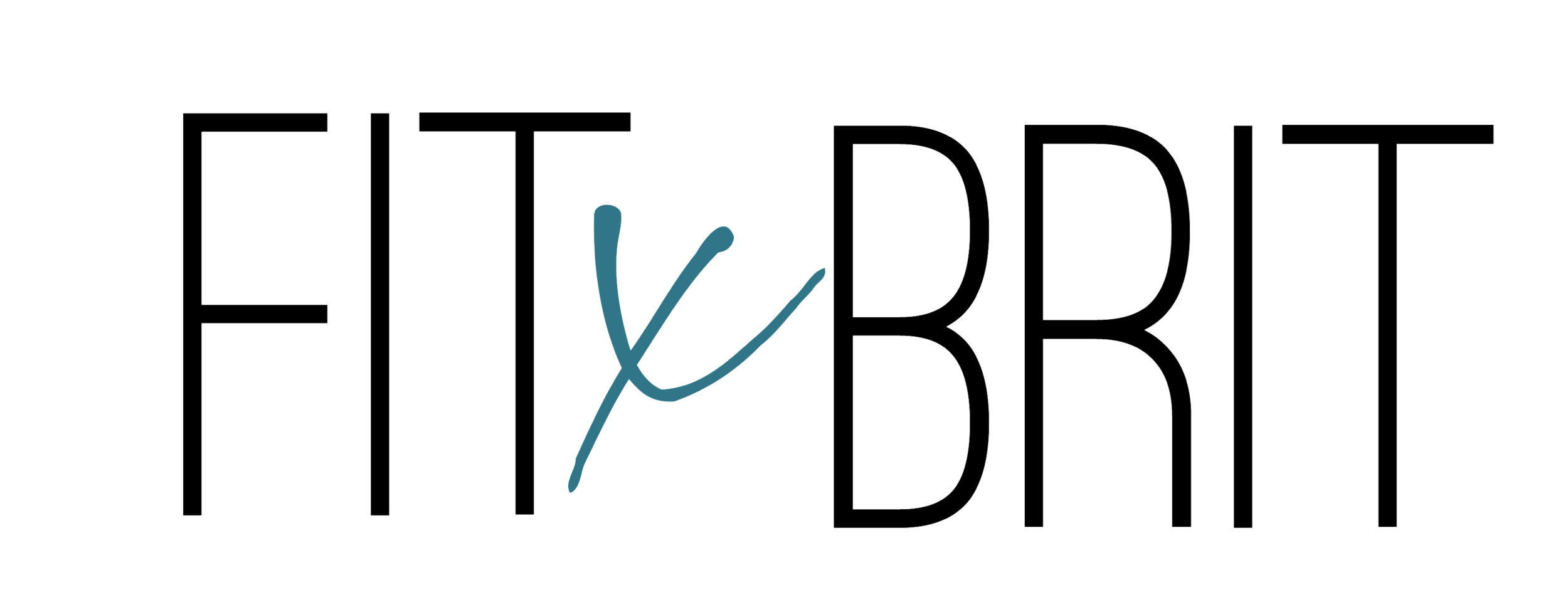Understanding Vegan/Vegetarianism
Society has cultivated us to believe that the eating of meat is essential to optimal health; however, much research equates the development of many common diseases (stroke, heart disease, gout, etc.,) to the prevalence of too much animal protein. Interestingly, within Asia, the Hunza culture which thrives exclusively on a vegetarian diet, one of our primary killers – cancer – does not even exist.
Webster defines a cannibal as “an animal that eats other animals.” When we eat meat, assuredly, we have not considered ourselves in such a savage manner; yet every animal one eats is someone’s father, mother, sister, brother, etc. A vegetarian does not eat anything that will run, fly or swim away when you try to kill it. Vegetables unlike animals do not have a heart. When we eat vegetables we are ingesting consciousness not flesh and blood.
If it is indeed true that we are what we eat, then does that mean that we may unconsciously be acting like animals. When we are reminded of the rampant violence within our present day, the concept of animal consciousness is highlighted. It is almost impossible to listen to any major television news broadcast and not hear about warfare between nations, mass shootings, hapless bombings, needless murders, acts of race hate, a horrid rape case and even cases where parents have killed their own children. Have we ever entertained the idea that we are behaving like wild animals because we eat animals?
Interestingly, those mammals in the animal kingdom that eat only from the vegetation of the land “do not” attack other animals. This includes the content cow, the fast horse, the strong gorilla, and the powerful elephant. In contrast, the carnivores are ferocious: the shark, the tiger, the wolf- all of whom attack. Research has also shown that within the penal system the majority of prisoners’ diet previously had been low in nutritional value which, subsequently, correlated to mineral deficiency and certain chemical imbalances. Seemingly, we, as a society, have not seriously embraced the relationship between food and consciousness.
Yet, in perusing religious doctrines, we see that there is no consensus as to the ethics of eating meat. The Muslim is to abstain from pork, the Hindu from beef, the orthodox Jew is to eat Kosher, while the devout Christian, seemingly, can eat it all.
However, when we physically compare ourselves to other mammals within the animal kingdom, we begin to gain some insight: our intestines are three times the length of the body just like the cow, horse and elephant. This physical feature is essential to allow time for the system to assimilate the nutrients from the vitalizing plant fiber. In contrast, the intestines of the carnivore, like the tiger, are very short to facilitate rapid excretion of the detrimental residue of the decaying carcass. Human teeth as they are flat parallel that of the other vegetarians in the animal kingdom, unlike carnivores who possess only sharp canines to rip meat. But as we do possess four canines, we can hypothesize that perhaps we can occasionally eat a little meat; even still we can logically conclude that the majority of our food is to be chewed.
There’s considerable material to sway one into becoming a vegan/vegetarian; nonetheless, it should be approached on a gradual basis. Being vegan/vegetarian can be challenging in many areas of the world, however, the decision to eat only grains, fruits, vegetables, nuts and perhaps dairy (that which differentiates a vegan from a vegetarian) will hinge upon one’s commitment to one’s health. As one changes to a vegan/vegetarian diet, the risk of developing diseases such as cancer, heart troubles, high blood pressure and stroke, considerably, diminish.
Another plus in going vegetarian is that it can be cost effective as a few hundred dollars a month can buy innumerable vegetables, leafy greens, grains and proteins such as beans, tofu and tempeh. Meat is expensive. The cost to feed a family of four is exorbitant when you add beef, pork and even chicken to the grocery cart. Go buy a few cookbooks and give yourself some ideas on how to prepare delicious, tasty, vegan/vegetarian meals.
Disease is on the rise, violence is rampaging, our consciousness has deteriorated to that of beasts. We say that we are a humane society; nonetheless, daily we violate the commandment- that is, if perchance we are Christian- “Thou shalt not kill.” If there is any validity to Newton’s Third Law, which states, “For every action there is an equal and opposition reaction,” then we must accept that as we, irreverently, kill animals, they will one day, in turn, irreverently, kill us.
By Siri Sat Nam, Ph.D., LMFT












